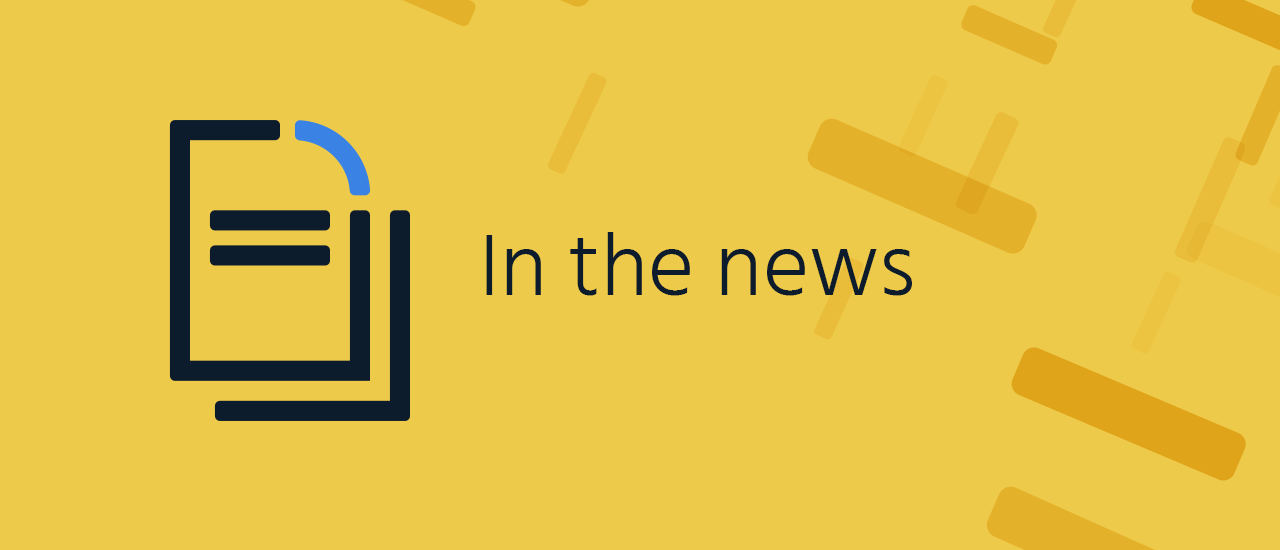Meta changes: Facebook has renamed itself Meta after several recent controversies, including its role in spreading misinformation and extremism online. The company says the name change is because it is refocusing on creating a metaverse, a virtual world using virtual and augmented reality. However, the rebranding also gives Facebook a potential “escape hatch” as it faces several challenges, including an aging customer base and potential regulations, The New York Times says.
High-speed hacking: Nobelium, the hacking group tied to the Russian government and blamed for last year’s SolarWinds hack, is back focusing on compromising the global supply chain, CNBC reports. The group is targeting cloud and other technology providers in an effort to “gain long-term, systematic access to a variety of points in the technology supply chain and establish a mechanism for surveilling – now or in the future – targets of interest to the Russian government,” according to Microsoft.
Iberian Internet: French satellite operator Eutelsat Communications is expanding its broadband coverage to Spain and Portugal by partnering with Hispasat, a Spanish satellite operator, Bloomberg says. Eutelsat, which has similar agreements with operators in France, Italy, Germany, and South Africa is one of several companies building Low Earth Orbit networks, with others including Amazon and Starlink. The Eutelsat broadband service promises to deliver Internet speeds as fast as 100 megabits per second to customers beyond the reach of ground-based networks.
Even more satellites: In other Low Earth Orbit satellite broadband news, Verizon and Amazon are working together to offer satellite broadband to rural areas in the U.S., CNBC reports. Amazon’s Project Kuiper is a planned network of more than 3,200 satellites. Verizon will use Amazon’s system as an extension of its terrestrial service, with Kuiper adding “cellular backhaul solutions to extend Verizon’s 4G/LTE and 5G data networks,” the companies said.
Information coup: Sudan’s military shut down the Internet after a coup in the country, with “severe” outages reported, IT News Africa reports. This is the fourth time that the Internet has been shut down in the country in three years, All Africa reports, with a mobile shutdown lasting for 36 days in mid-2019.
